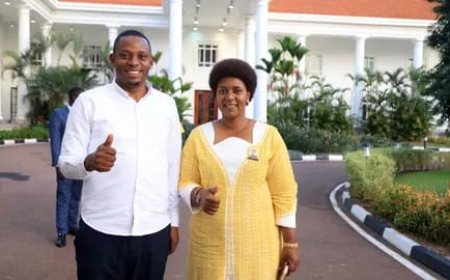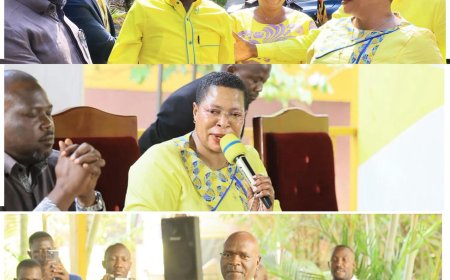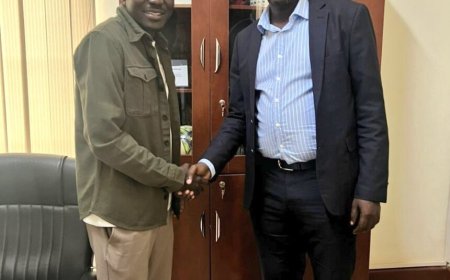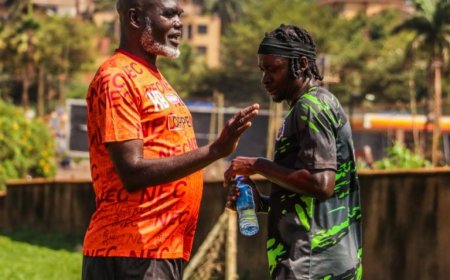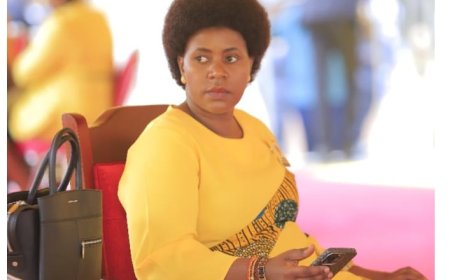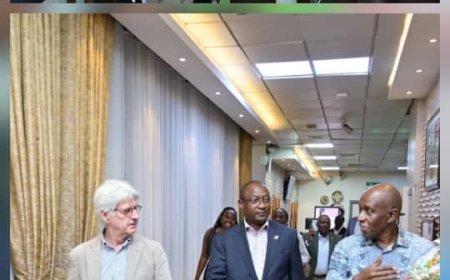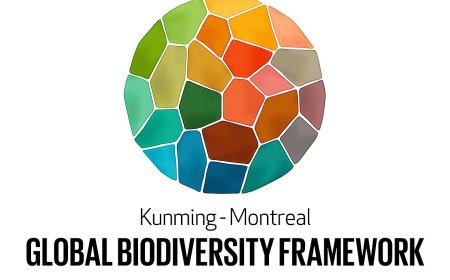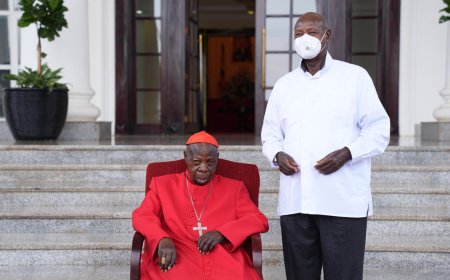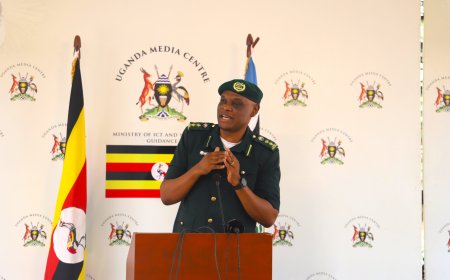RDCs to Champion Community Transformation After Training in India
Speaking at a briefing in Kampala, Hajji Yunus Kakande, the Permanent Secretary in the Office of the President, revealed that 40 RDCs and their deputies will undergo a three-week training in India. The program is designed to equip them with practical skills in rural industrialisation, agro-processing, financial inclusion, inclusive entrepreneurship, and the application of technology in community development.
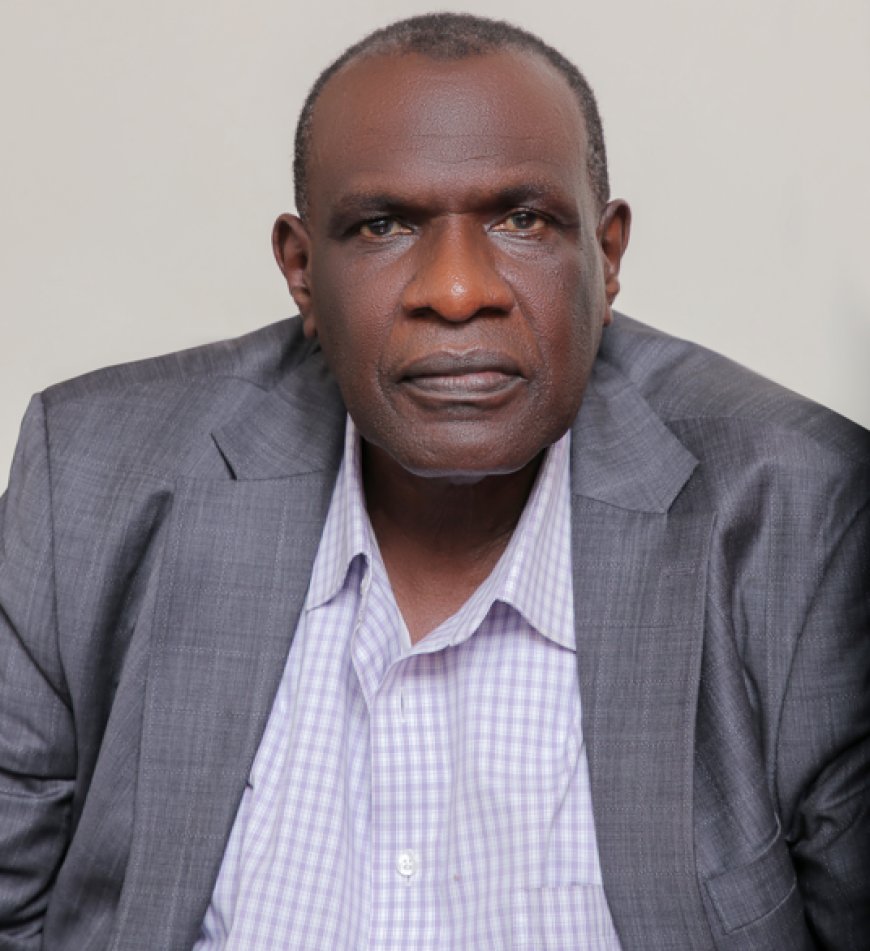
Uganda has partnered with India to strengthen the capacity of Resident District Commissioners (RDCs) in advancing rural development, entrepreneurship, and community transformation.
Speaking at a briefing in Kampala, Hajji Yunus Kakande, the Permanent Secretary in the Office of the President, revealed that 40 RDCs and their deputies will undergo a three-week training in India. The program is designed to equip them with practical skills in rural industrialisation, agro-processing, financial inclusion, inclusive entrepreneurship, and the application of technology in community development.
“The training will enable our Resident District Commissioners to serve effectively as change agents in driving community-level economic transformation. They are responsible for mobilising communities, overseeing government programs, and ensuring security in their districts,” Kakande said.
He emphasized that the initiative aligns with Uganda’s Fourth National Development Plan (NDP-IV), which prioritises household income growth, modernisation of agriculture, and small-scale industrialisation.
India’s longstanding support to Uganda
Kakande commended India’s historic cooperation with Uganda, citing projects such as the installation of a cancer therapy machine at the Uganda Cancer Institute, solar electrification programs, the Pan-African e-network, and numerous scholarship opportunities that have trained thousands of Ugandans. He also praised India’s emphasis on women’s empowerment, saying Uganda could learn from that model.
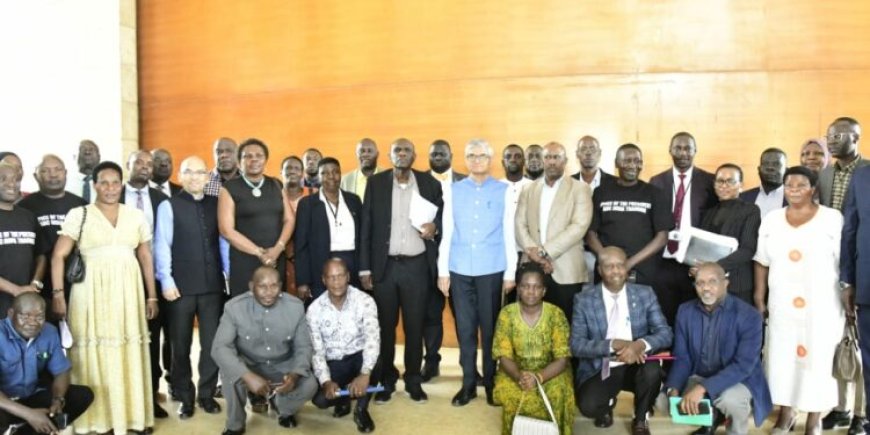
“Where you touch the women, then the development of the country is assured. We hope to engage women more so that our country evolves faster,” Kakande added.
He further lauded India’s independent foreign policy, describing its ability to maintain trade with Russia despite Western pressure as an example of sovereignty and resilience. This is the second cohort of RDCs undergoing such training in India, with a third group expected to follow.
India reaffirms commitment to Uganda
The Indian High Commissioner to Uganda, Upender Singh Rawat, reaffirmed India’s commitment to capacity building, education, and defense cooperation under the Indian Technical and Economic Cooperation (ITEC) program, which has been running for nearly 70 years.
“This course at the National Institute of Entrepreneurship and Small Business Development in Noida will emphasise skill enhancement and promoting entrepreneurship. It is my earnest hope that once you return, you will use those skills to give back to your respective areas of work and to enhance the skills of others,” Rawat said.
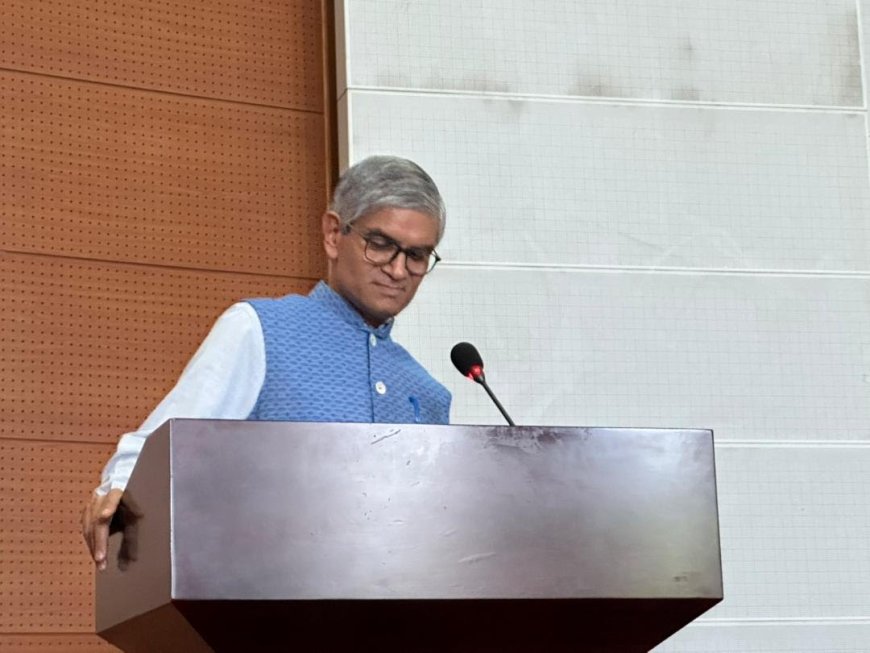
Uganda receives 125 ITEC scholarships annually across diverse disciplines including science, technology, agriculture, administration, and English language. Rawat also disclosed that India has tailored specialised programs for Uganda, such as training for electricity distribution engineers and livelihood promotion.
In addition, India recently opened the first overseas branch of the National Forensic Sciences University in Jinja, which will admit students for the 2025/26 academic year in forensic sciences, cybersecurity, and homeland security.
On defense cooperation, Rawat said Uganda People’s Defence Forces (UPDF) officers continue to receive advanced training in India, supported by a four-member advisory team based at the Senior Command and Staff College, Kimaka. Each year, 32 fully funded scholarships are also offered to Ugandans to pursue degree programs in India.
Plans are also underway to establish a Gandhi Peace Museum and Convention Center in Jinja, pending land allocation by local authorities.
Uganda’s view: stronger ties under Museveni
Florence Kiremerwa, Presidential Advisor on Diaspora in the Office of the President, said the initiative reflects the strong ties between President Museveni’s government and India.
“This is an ongoing program. Last time, in February, 20 RDCs went for similar training. Now we are sending 40, and we expect more to go next year, maybe another 40,” she said. Kiremerwa explained that the training will help RDCs guide communities in establishing income-generating projects under the Parish Development Model (PDM), particularly in agriculture and small-scale industries.
“The Government of India agreed to train our RDCs so that they know what they are doing while they are in the communities and villages. Sometimes such partnerships don’t come easily, but we thank the President because he has good networking with other governments,” she added.
The training is expected to create a ripple effect, with RDCs transferring knowledge and skills to local communities, promoting entrepreneurship, and driving economic transformation at the grassroots level.
Uganda and India’s growing partnership in education, defense, and community development underscores a shared vision of empowering people and fostering inclusive growth.
